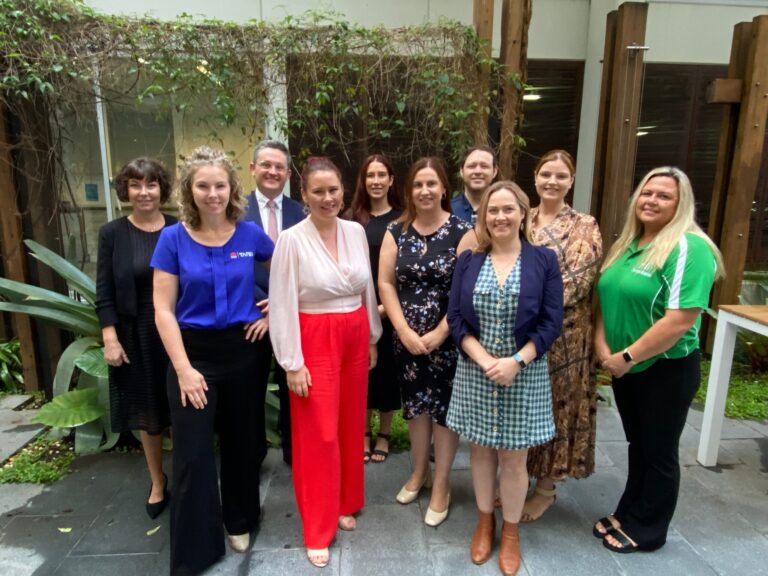Global uncertainties and increasing everyday business pressures have caused a dip in business confidence across the Hunter region in the second quarter of 2025.
The latest Business NSW Business Conditions Survey for the year shows a notable decline in business confidence from quarter one in both the ‘Newcastle and Lake Macquarie’ and ‘Hunter Valley’ statistical areas. However, respondents in both areas anticipate an uptick in business conditions in the third quarter.
Business Hunter CEO Bob Hawes explained that while the survey was conducted prior to the recent escalation of Middle East tensions, the impact of the Trump tariffs had already contributed to a sense of pessimism among regional business operators.
“The effects of the Liberation Day tariffs on global markets and ongoing trading uncertainty have significantly impacted both consumer and business confidence, as reflected in the survey responses from our region and across NSW,” Mr Hawes said.
Over 50% of businesses surveyed noted changes in customer behaviour due to global economic uncertainty, while nearly 30% observed changes in supplier behaviour.
Some local tourism businesses shared mixed views, with one citing “uncertainty around US policy affecting customer spending,” while another highlighted potential opportunities, saying “US tariffs and reciprocal measures may reduce competition from US companies in China or Europe, opening up opportunities for local businesses to capture market share.”
Beyond the global market, businesses are grappling with core issues such as rising insurance and energy costs, taxes, levies, and red tape further squeezing their margins.
“Insurance remains the top cost pressure, with nearly 70% of businesses in NSW reallocating budgets to cover higher insurance costs,” Mr Hawes explained.
Another major concern for businesses is workers’ compensation. Seventy-seven percent of respondents said they want workers’ compensation reform included in the 2025-26 NSW Budget. Legislation aimed at addressing inefficiencies in the workers’ compensation insurance system recently stalled in the Upper House and is now under parliamentary inquiry.
“The NSW Government has projected a 36% increase in workers’ compensation premiums over the next three years if no reforms are made. Alarmingly, one in five respondents said this could force them to shut down their operations,” Mr Hawes said.
Hiring slowed across the region, with only 19% of Newcastle and Lake Macquarie businesses and 11% of Hunter Valley businesses adding new staff in the three-month reporting period. Conversely, 29% and 40% of businesses in those areas had reduced their headcount, surpassing the state-wide average of 27%.
Mr Hawes called for urgent reforms to workers’ compensation and the Emergency Services Levy as immediate actions the NSW Government could take to alleviate financial pressures on businesses.
“To tackle the rising insurance costs, the NSW Government must fast-track reforms to the Emergency Services Levy, which is collected primarily through insurance policies and adds nearly 25% to premiums,” he said.
“NSW is the only state that funds emergency services through a tax on insurance premiums. A fairer system would provide much-needed relief to thousands of businesses struggling to stay afloat.”
Mr Hawes further emphasised that passing workers’ compensation reforms through the NSW Parliament promptly would help alleviate cost burdens on businesses, allowing them to focus on recovery and growth.
IMAGE | Worker on the floor






